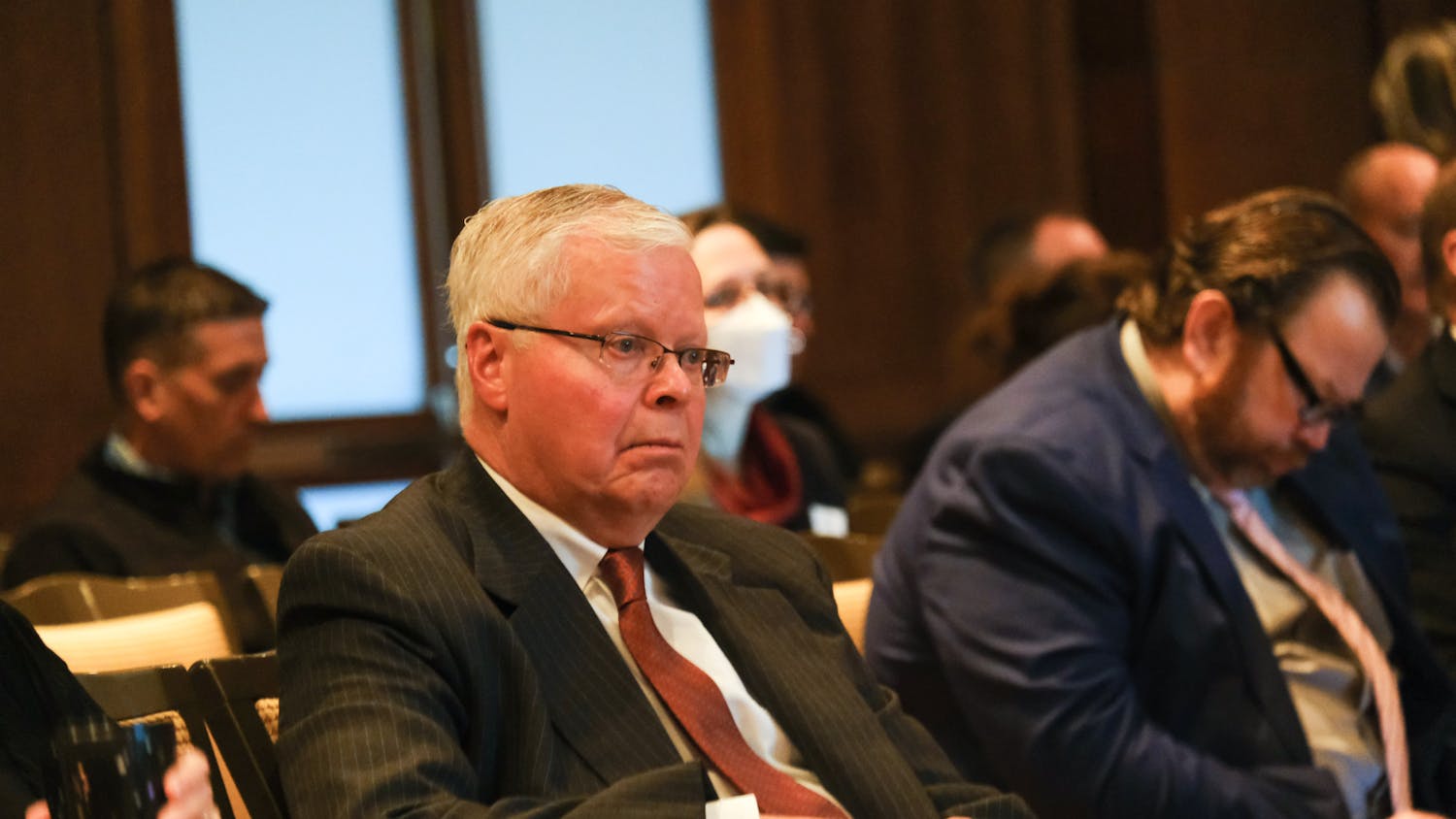The Black Voice marked its 50th anniversary Tuesday night at Union South where the organization presented a documentary celebrating the history of the University of Wisconsin-Madison’s only Black newspaper.
The Black Voice was initially founded in 1971 and operated until 1973 before it was re-established on campus in 2015 by student Jordan Gaines.
The 30-minute documentary focused on the history and contributions of the organization as a publication that specifically provides a space for African American journalists at the university.
The film, which was created primarily by a former member of The Black Voice, Nile Lansana, showcased interviews with several current and former contributors to the publication, centering around the sense of community provided to members by the organization.
In an interview with The Daily Cardinal, current editor of The Black Voice, Lauryn Azu explained that she hopes the documentary showcases the importance of the organization on campus as well as the contributions The Black Voice makes as a journalistic publication.
When asked what she hoped the documentary would show Azu responded, “Definitely the importance of the community and what this space provides to Black students here and has since 2015. Also that a lot of us are creative, talented individuals. We’re serious about our work and we deserve that recognition.”
Azu additionally added that she hopes The Black Voice will continue to serve as a supportive community where African American journalists can continue to improve their skills as contributors to a larger organization.
“We just want to continue to be that space that's available to people. A lot of creative people do come here and a lot of great writers need a space to write,” Azu said. “Every great writer needs an editor too, and that’s what I really want the Black voice to be — to always be here.”
Lansana echoed these sentiments, explaining that he feels The Black Voice serves as a nurturing space where individuals can elevate themselves as contributors to a publication.
“I think that sometimes you can be in professional settings where it can be dog-eat-dog and there’s so much competition,” Lansana said. “I think what’s beautiful about The Black Voice is that it’s such a nurturing environment and I think … we’re here to elevate each other. Wherever I go I think I’ll take that with me.”
In the past, the organization has been the recipient of some harassment, with one unidentified individual not associated with the organization entering a Zoom call and referring to members of the publication by a racial slur.
Azu elaborated that she hopes the documentary will demonstrate some of the challenges the organization has had to overcome as a Black organization on a predominantly white campus.
“I hope this documentary shows what we've persevered over,” Azu said. “Sometimes things that we’re doing in an organization attracts bad actors and, let's just say it, racists … those kinds of actions [such as the Zoom bombing] make you feel helpless. As a part of The Black Voice, I’ve never felt helpless. I’ve always felt like ‘I have a community of people who can help me with that and I want that for future students as well.”
Azu additionally noted that she hopes the documentary presented by The Black Voice will attract additional contributors interested in furthering their journalistic endeavors and participating in a unique community in the future.
“We’re really trying to recruit with this showing too,” Azu said. “Hopefully, students come out and see this documentary and go ‘I really want to be a part of this community.’ That’s really what I want as an EIC right now. I’ll feel more comfortable knowing when I graduate there’s a whole new stock of people who can keep this up.”






